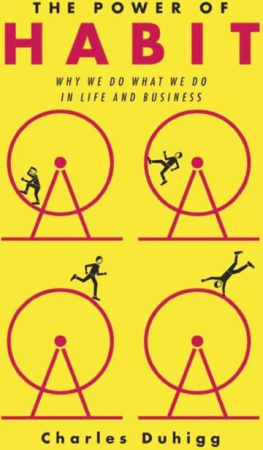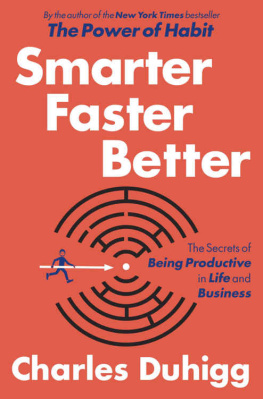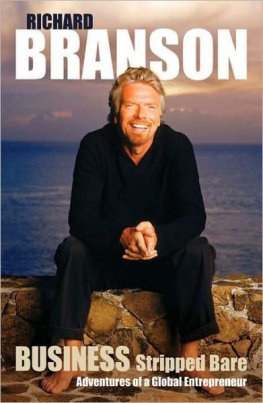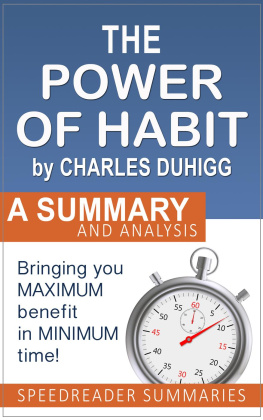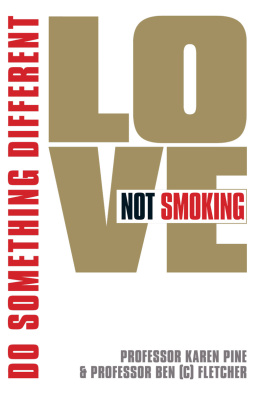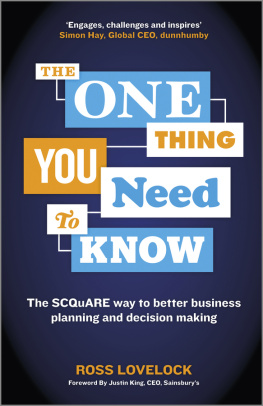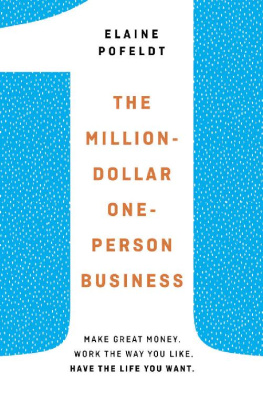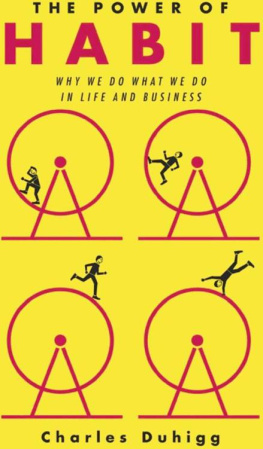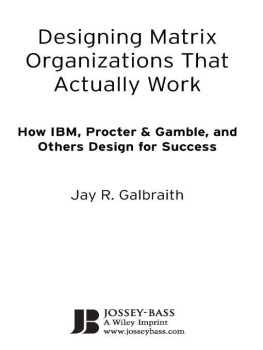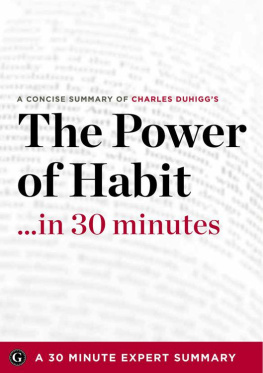Charles Duhigg - The power of habit: why we do what we do in life and business. Summary
Here you can read online Charles Duhigg - The power of habit: why we do what we do in life and business. Summary full text of the book (entire story) in english for free. Download pdf and epub, get meaning, cover and reviews about this ebook. City: Kennett Square, Pa., Norwood, Mass, year: 2012, publisher: Soundview Executive Book Summaries;Random House Digital, Inc., genre: Detective and thriller. Description of the work, (preface) as well as reviews are available. Best literature library LitArk.com created for fans of good reading and offers a wide selection of genres:
Romance novel
Science fiction
Adventure
Detective
Science
History
Home and family
Prose
Art
Politics
Computer
Non-fiction
Religion
Business
Children
Humor
Choose a favorite category and find really read worthwhile books. Enjoy immersion in the world of imagination, feel the emotions of the characters or learn something new for yourself, make an fascinating discovery.
- Book:The power of habit: why we do what we do in life and business. Summary
- Author:
- Publisher:Soundview Executive Book Summaries;Random House Digital, Inc.
- Genre:
- Year:2012
- City:Kennett Square, Pa., Norwood, Mass
- Rating:4 / 5
- Favourites:Add to favourites
- Your mark:
The power of habit: why we do what we do in life and business. Summary: summary, description and annotation
We offer to read an annotation, description, summary or preface (depends on what the author of the book "The power of habit: why we do what we do in life and business. Summary" wrote himself). If you haven't found the necessary information about the book — write in the comments, we will try to find it.
A young woman walks into a laboratory. Over the past two years, she has transformed almost every aspect of her life. She has quit smoking, run a marathon, and been promoted at work. The patterns inside her brain, neurologists discover, have fundamentally changed. Marketers at Procter & Gamble study videos of people making their beds. They are desperately trying to figure out how to sell a new product called Febreze, on track to be one of the biggest flops in company history. Suddenly, one of them detects a nearly imperceptible patternand with a slight shift in advertising, Febreze goes on to earn a billion dollars a year. An untested CEO takes over one of the largest companies in America. His first order of business is attacking a single pattern among his employeeshow they approach worker safetyand soon the firm, Alcoa, becomes the top performer in the Dow Jones. What do all these people have in common? They achieved success by focusing on the patterns that shape every aspect of our lives. They succeeded by transforming habits. In The Power of Habit, award-winning New York Times business reporter Charles Duhigg takes us to the thrilling edge of scientific discoveries that explain why habits exist and how they can be changed. With penetrating intelligence and an ability to distill vast amounts of information into engrossing narratives, Duhigg brings to life a whole new understanding of human nature and its potential for transformation. Along the way we learn why some people and companies struggle to change, despite years of trying, while others seem to remake themselves overnight. We visit laboratories where neuroscientists explore how habits work and where, exactly, they reside in our brains. We discover how the right habits were crucial to the success of Olympic swimmer Michael Phelps, Starbucks CEO Howard Schultz, and civil-rights hero Martin Luther King, Jr. We go inside Procter & Gamble, Target superstores, Rick Warrens Saddleback Church, NFL locker rooms, and the nations largest hospitals and see how implementing so-called keystone habits can earn billions and mean the difference between failure and success, life and death. At its core, The Power of Habit contains an exhilarating argument: The key to exercising regularly, losing weight, raising exceptional children, becoming more productive, building revolutionary companies and social movements, and achieving success is understanding how habits work. Habits arent destiny. As Charles Duhigg shows, by harnessing this new science, we can transform our businesses, our communities, and our lives.From the Hardcover edition.
Charles Duhigg: author's other books
Who wrote The power of habit: why we do what we do in life and business. Summary? Find out the surname, the name of the author of the book and a list of all author's works by series.

